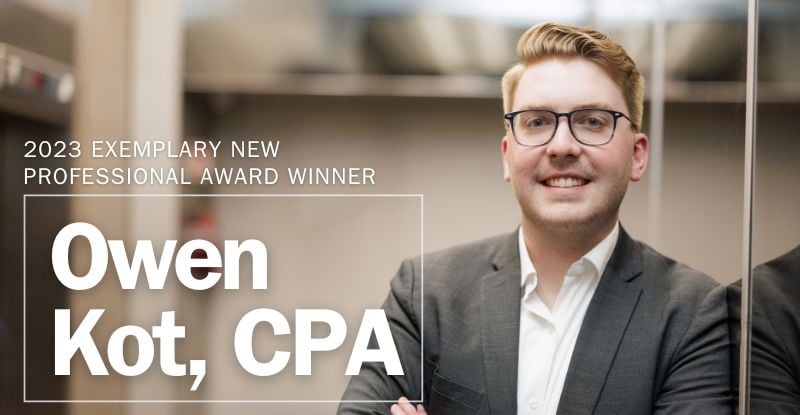
Feedback. Let’s get real, receiving it can be a real ego boost, or hit, and is often a bit of both. While feedback can be difficult to receive, facilitators are your coaches, and we all have the same goal: for you to pass your exam and ultimately become a CPA.
Given that it is inherently challenging to receive feedback, the following is designed to help you answer, “how can you use feedback from your facilitator to increase your effectiveness as a learner?”.
Time It
While it may be tempting to review feedback as soon as it’s available, you’ll have more success by setting aside time to review it, when you know you’ll have the headspace to transform the feedback into action items. Since you know when to expect feedback (within 96 hours of the candidate deadline; 48 hours in week 8), consider creating a reoccurring calendar appointment to review it. You can import the Survival Guide calendar from D2L into your personal calendar to make this even easier!
Set yourself up for success, and then…
Own It
As an experienced facilitator and instructor trainer, I can attest that educators are human, and may miss quality points our candidates provide. If you think your facilitator missed something in your response or if you are unclear about their comment, email them within D2L and they will respond within 24 hours. Many facilitators appreciate the opportunity to discuss these concepts with candidates.
Learners often discover they intended to provide a stronger argument than they wrote. In those instances, like an exam evaluator, a facilitator cannot provide full marks for something attempted but not clearly stated. Regardless of the outcome, emailing questions often leads to beneficial dialogue.
Consider leveraging these case writing tips, to enhance your response to ensure you receive all the credit you deserve, and your intentions match your response.
Observe It
Each feedback guide represents data to collect and analyze. What aspects of your response did your facilitator deem to be Competent? Which parts were Reaching or Nominal Competence? Are there patterns within your technical discussions or calculations which caused confusion? Become a researcher of your feedback, collecting and categorizing data points such that you can strategically focus your efforts on areas which contain the largest amounts of future growth.
Share It
You are part of a community of learners, and have access to others through colleagues, classmates (current and former), and tutor networks. For example, consider swapping cases to understand different approaches to responses. Surround yourself with individuals with similar interests and it will pay dividends. At the very least, it’s reassuring to know that you are not alone.
The CPAWSB blog is a valuable place to find ideas and resources to assist you in your learning journey, including advice on how to find a tutor.
Use it
The definition of insanity is doing the same thing over and over again and expecting a different result. – A quote often attributed to Albert Einstein
Candidates are likely to repeat mistakes if they ignore their facilitator’s feedback. Correcting bad habits before they form is a key reason to read feedback from your facilitator. While it can be difficult to review constructive comments, this is part of the learning process.
Do it
Perhaps it’s next week, your next exam, or the next module. Regardless, you will have an opportunity to employ the feedback you have received and do better next time. In case writing, no objective “right” answer exists. Instead, think of an accumulation of small wins, where you improve with each opportunity.
Put yourself in the right place and mindset to receive your feedback, curate it, leverage your network, and relentlessly pursue small, incremental improvements towards exam achievement and career advancement.
You’ve got this.

Samantha Taylor, PME, CPA, CA, is an educator and lead policy advisor for CPAWSB, and an instructor of accounting at Dalhousie University. She is on a mission to understand and enable learner efficacy while eliminating doldrums occasionally associated with accounting education. Read more of Sam’s posts at the CPAWSB blog.


.jpg?ext=.jpg)






